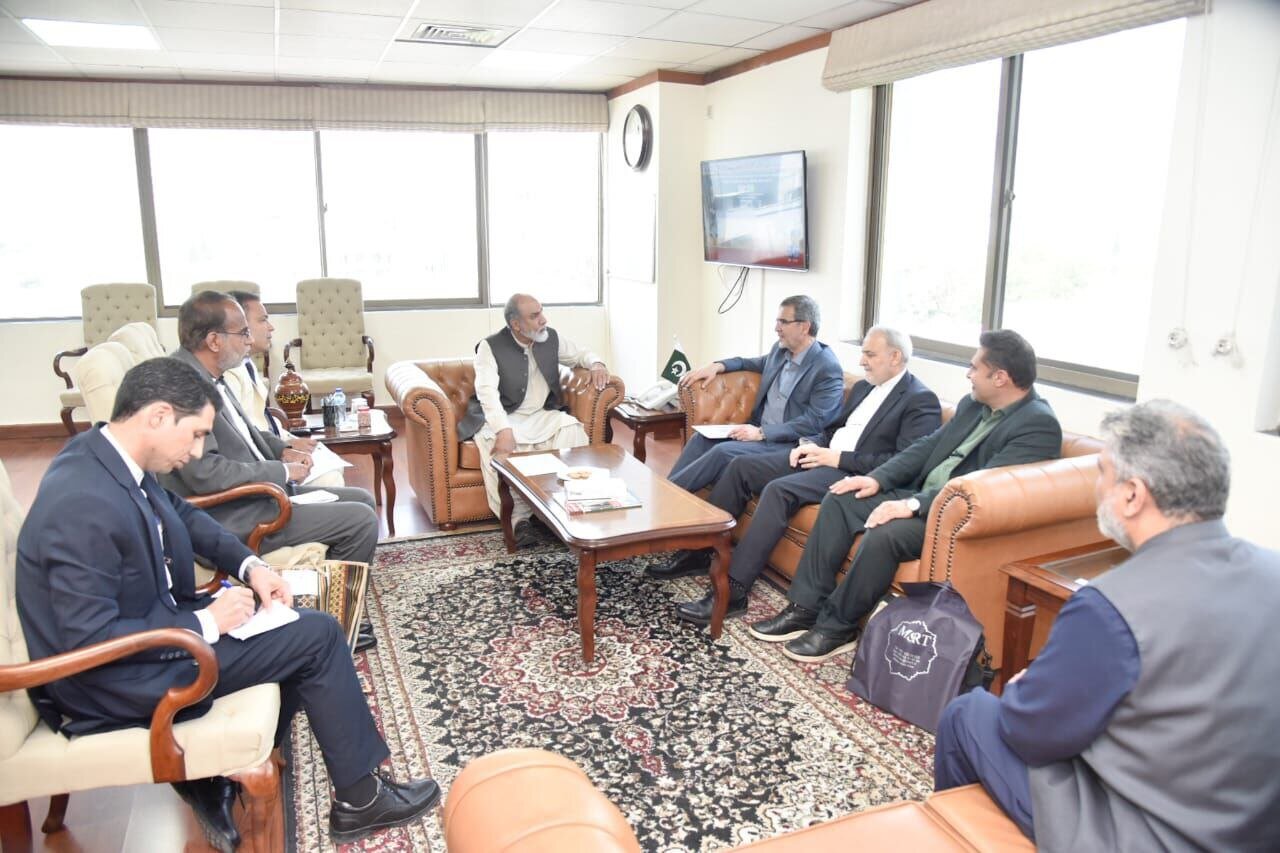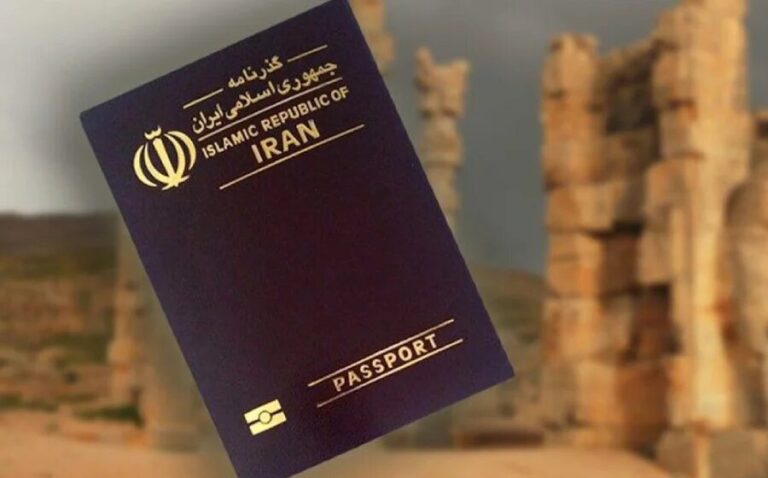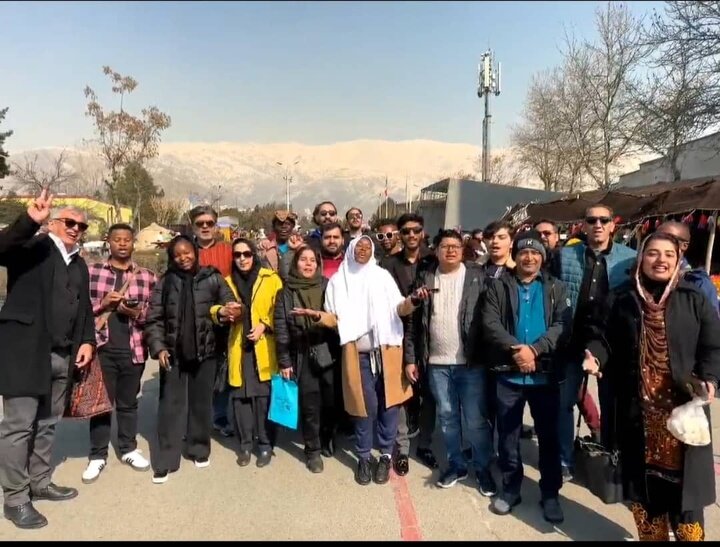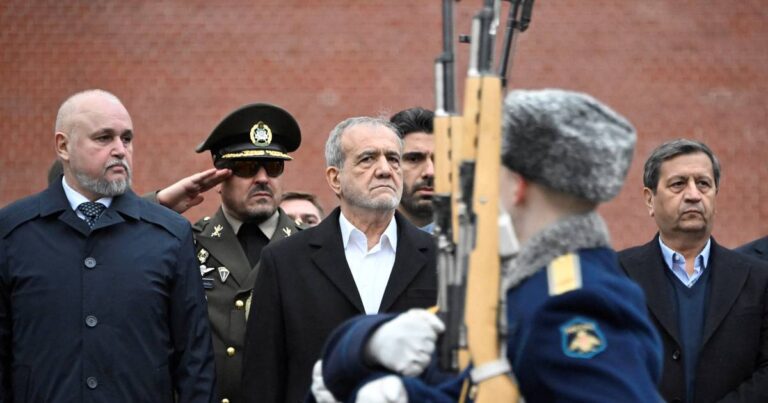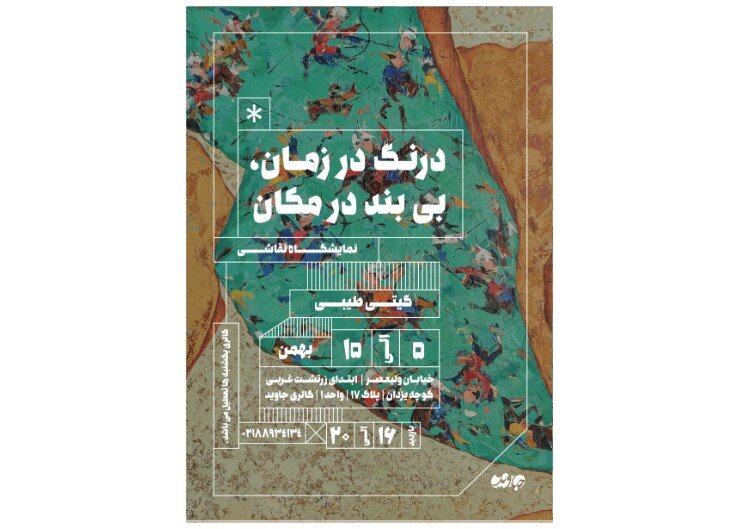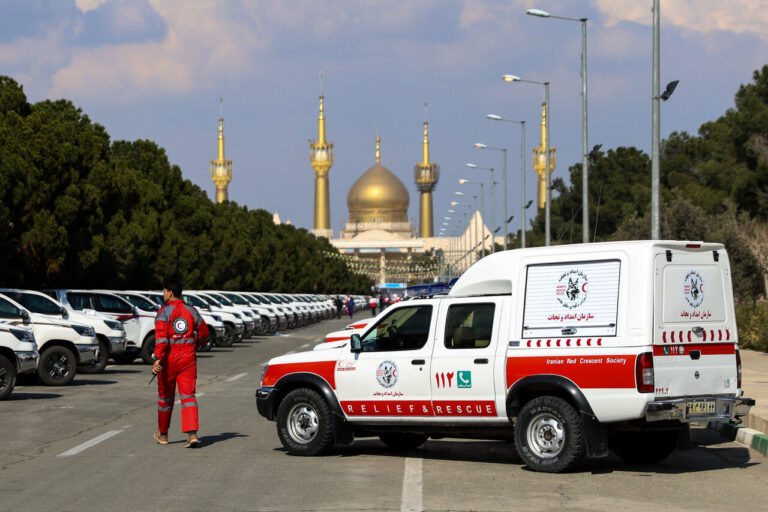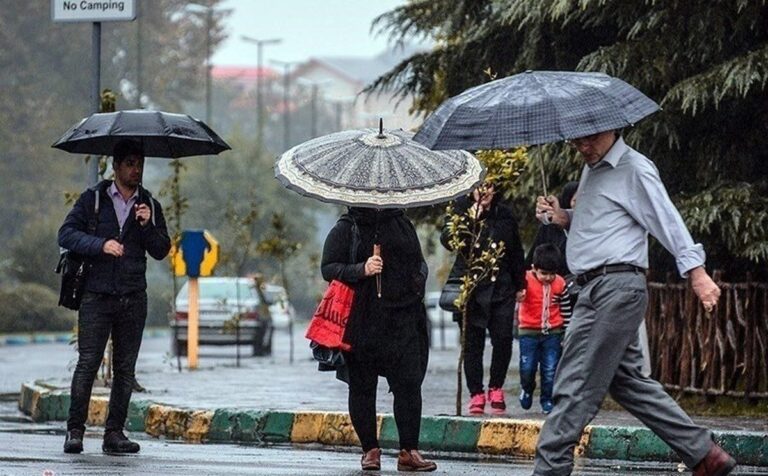Tehran and Islamabad Forge Stronger Scientific Partnerships for Collaborative Innovation
In recent discussions aimed at enhancing academic collaboration, Iran and Pakistan are taking significant steps to strengthen their ties in the fields of higher education, science, and technology. This initiative was highlighted during the first International Conference on Science, Technology, and Innovation (STI), which took place from April 17-18, 2025, in Islamabad, Pakistan. The conference served as a critical platform for regional connectivity and sustainable development.
The meeting featured Abolfazl Vahedi, Iran’s deputy science minister, and Khalid Hussain Magsi, Pakistan’s Science Minister. Their discussions focused on fostering collaborative efforts between the universities of both nations, aiming to enhance scientific and research interactions among students and professors.
- Key Highlights from the Meeting:
- Discussion on academic engagement between Iran and Pakistan.
- Invitation for Pakistani officials to participate in the second ministerial meeting of the Organization of Islamic Cooperation (OIC)–15 Dialogue Platform in Tehran.
- Emphasis on mutual cooperation in the fields of science and technology.
The conference was organized by the ECO Science Foundation, the Higher Education Commission of Pakistan, and the ECO Secretariat. It provided a high-level platform for stakeholders, including policymakers, scientists, and industry leaders, to exchange ideas and explore STI-driven solutions to shared regional challenges. The event aimed to drive economic growth and promote sustainable development across the ECO region.
In a previous visit, a delegation of Pakistani academic members, led by Mukhtar Ahmed, the chairman of Pakistan’s Higher Education Commission, visited Iran’s House of Innovation and Technology (iHiT) on January 15, 2024. During this visit, the growing prospects of collaboration were discussed.
According to Magsi, “The main challenges in the development of Islamabad–Tehran relations have been overcome, and the two countries are ready to further boost ties in higher education, science, and technology.” This sentiment was echoed by Mukhtar Ahmed, who noted that Iran and Pakistan face similar challenges that can serve as a foundation for enhancing mutual relations.
- Opportunities for Cooperation:
- Exchanging academic staff, including professors and students.
- Conducting joint projects to expand collaboration.
- Establishing national pavilions in each other’s countries.
Mukhtar Ahmed expressed Pakistan’s readiness to hold Iranian pavilions, aiming for the bilateral cooperation to extend into broader regional cooperation, potentially involving countries like India and Bangladesh.
Mir-Abadi, in response, stated, “Iran is prepared to cooperate with Pakistan in various technological fields, including information and communication technology, agriculture, and health.” This commitment to collaboration signifies a promising future for both countries in the realm of science and technology.
As these discussions unfold, it is clear that the partnership between Iran and Pakistan is poised to grow, providing mutual benefits and innovative solutions to regional challenges. The commitment to academic exchange and technological cooperation will not only enhance the educational landscape but also contribute to the overall development of both nations.
In conclusion, the ongoing dialogue and initiatives between Iran and Pakistan reflect a shared vision for a collaborative future in higher education and scientific advancement, paving the way for a stronger partnership in the ECO region.
